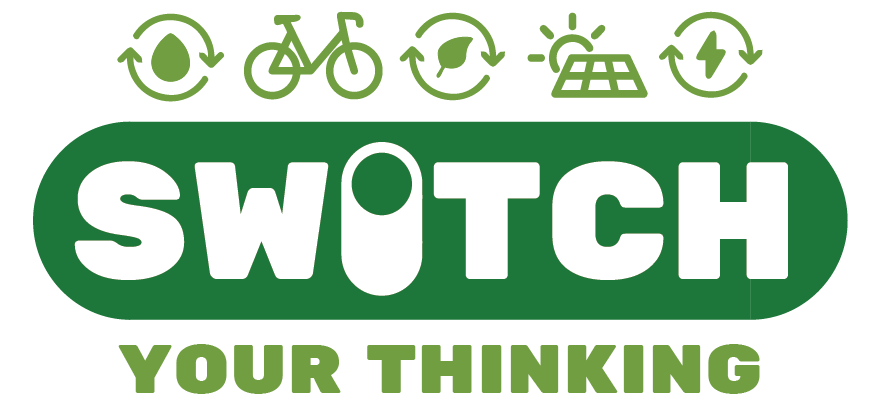Have you given an eco lifestyle a go but given up because you keep forgetting your reusable bags/ cups/cutlery/plates?
So much of sustainability relies on people’s habits. For example;
- Remembering to bring your reusables when out and about.
- Making food from scratch rather than buying plastic packaged foods.
- Using leftovers and what you have in the fridge to avoid food waste.
- Repairing and reusing rather than automatically buying something new.
- Walking or riding to the shops instead of taking the car.
Habits take a little work to change so even if you’ve slipped up, don’t give up! It will take a bit of tweaking to find a behaviour that works for you and then six months to practice and ingrain that new behaviour. According to Harvard Women’s Health Watch this is a crucial part of the behaviour change process. This article refers to health behaviours but is equally applicable to sustainable behaviours.
The authors found that most people relapse many times when adopting new behaviours. Each time it happens you learn a little more about yourself and can make tweaks to your lifestyle and circumstances to prevent it happening again.
They found that feeling guilty didn’t help. A behaviour change was more likely to stick if the person had a positive mind-set and was self-motivated to change despite set backs.
They also gave some tips for establishing new behaviours;
- Educate yourself – to make a change you have to be strongly and intrinsically motivated to do it. Read up about environmental issues to truly understand why your actions are important.
- Start small and specific – focus on one achievable change at a time. Once you have mastered one it is easier to move on to the next. For example you could say “I will eat a meatless meal once per week”, rather than “I will eat less meat”.
- Examine the barriers – have a really good think about what is stopping you from adopting a new behaviour and think creatively about removing these barriers. Maybe you forget your reusable bags when they are in the boot of your car because they aren’t visible when you get out of the car. A solution might be to try small foldable bags that you put in your handbag instead or go to a shop that offers reused boxes to carry your shopping in – removing the need to remember at all!
- Notice the circumstances in which you slip up – taking notice of the times when you slip up and what you are thinking and feeling can help you overcome temptation. If your goal is to use what you have rather than buy new things. Be mindful of when you feel tempted to buy new things (for example, when you get catalogues or when you go to the shops) and avoid those situations.
- Focus on the multiple positives – there are often multiple positives to eco-conscious behaviours. For example cooking from scratch means you can reduce your packaging and food waste, improve your health (by avoiding hidden sugar and salt in processed foods) and save money by avoiding expensive packaged foods.
Remember that it’s going to be hard at the start but gets easier and faster over time as you get better and more practised at the new behaviour, so keep trying!
Of course it’s not just individuals that need to change, businesses, governments, schools and the wider community also need to do their bit to remove barriers to sustainable behaviours. If you see a way that they could help out, write to them to encourage the change. You never know what might happen!
Reference – Harvard Women’s Health Watch, March 2012, Why behaviour change is hard – and why you should keep trying
